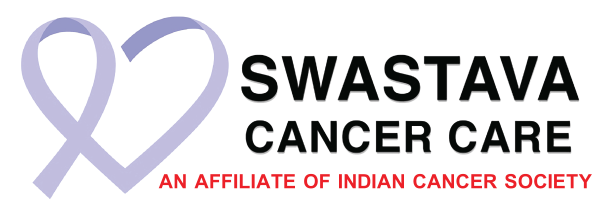The American Society of Clinical Oncology (ASCO) has recently unveiled compelling evidence that the benefits of Human Papillomavirus (HPV) vaccination extend well beyond cervical cancer prevention. This groundbreaking research, which will be presented in detail at the ASCO Annual Meeting in Chicago, underscores the vaccine’s role in reducing the incidence of various HPV-related cancers, particularly head and neck cancers in males.
A Closer Look at the Study
The study encompassed a vast cohort of over 3.4 million patients, with approximately half having received the HPV vaccine between 2010 and 2023. The findings are remarkable: vaccinated individuals showed a significant decrease in the rates of HPV-related cancers. The data revealed a substantial reduction in the risk of developing oropharyngeal head and neck cancers for men. In women, the vaccine was associated with lower odds of cervical cancer and other HPV-related malignancies.
The Significance of the Findings
These results are a testament to the efficacy of the HPV vaccine in cancer prevention. They also highlight a critical public health concern: as of 2022, less than 60% of adolescents had received the HPV vaccine, indicating a considerable portion of the population remains at increased risk for HPV infection and subsequent cancer development.
The Path Forward
ASCO’s findings are a clarion call for increased vaccination efforts. By broadening the scope of HPV vaccination programs, we can significantly reduce the burden of cancer and improve public health outcomes. The study serves as a reminder of the power of preventive medicine and the need for continued research and advocacy in the fight against cancer.
This blog article is based on the findings published by the American Society of Clinical Oncology (ASCO) regarding the impact of HPV vaccination on cancer prevention.
